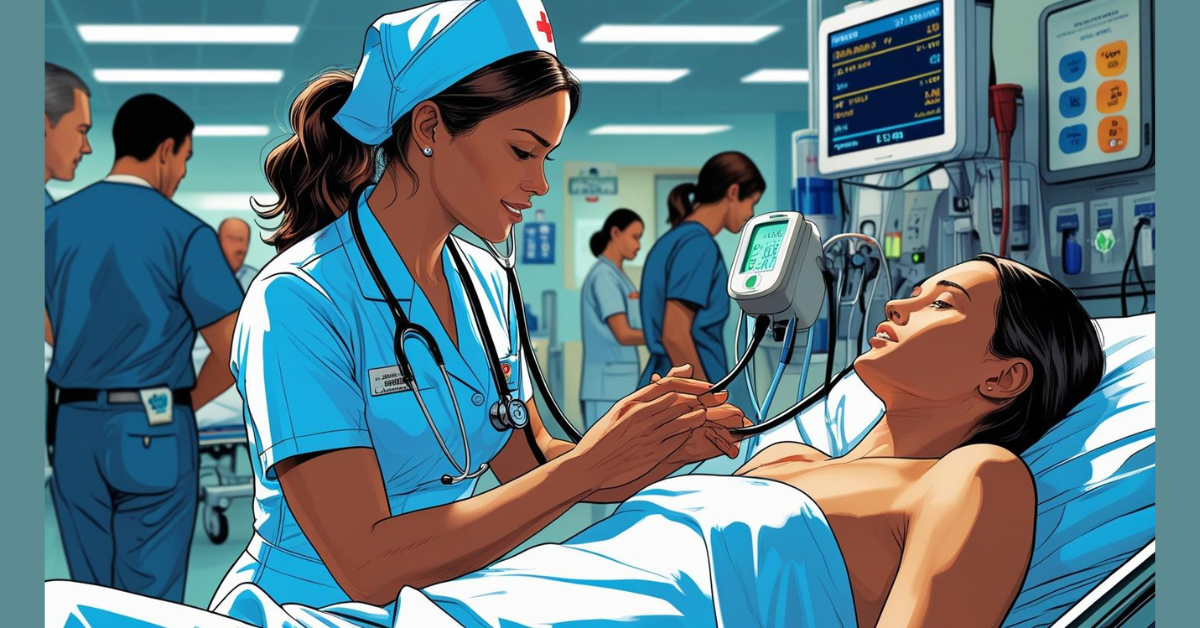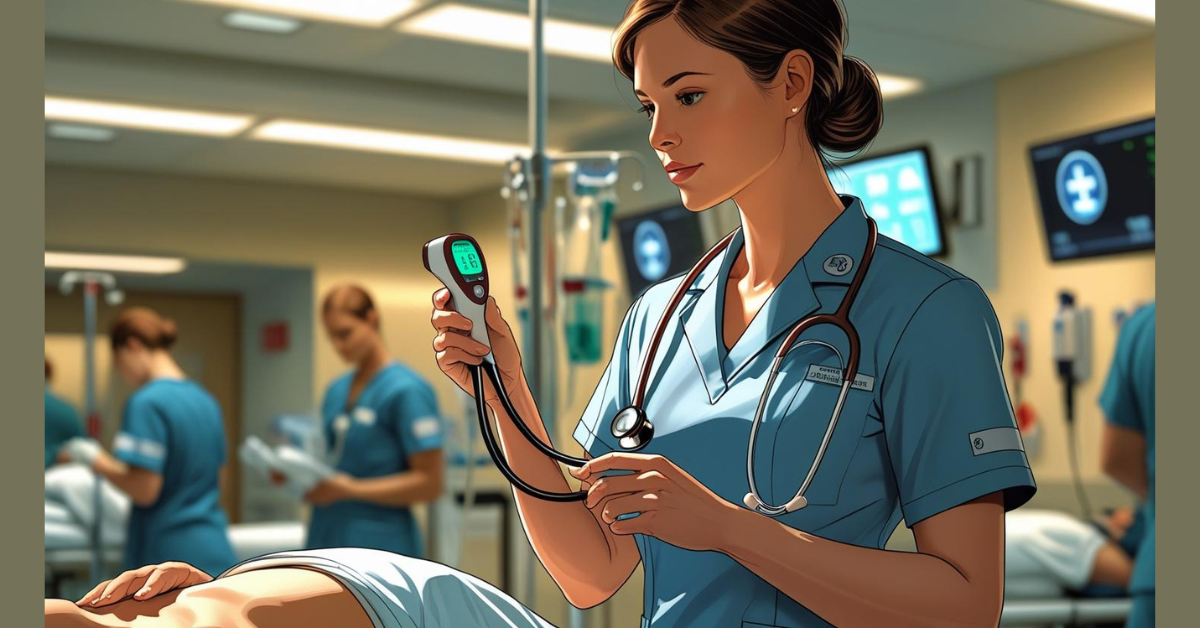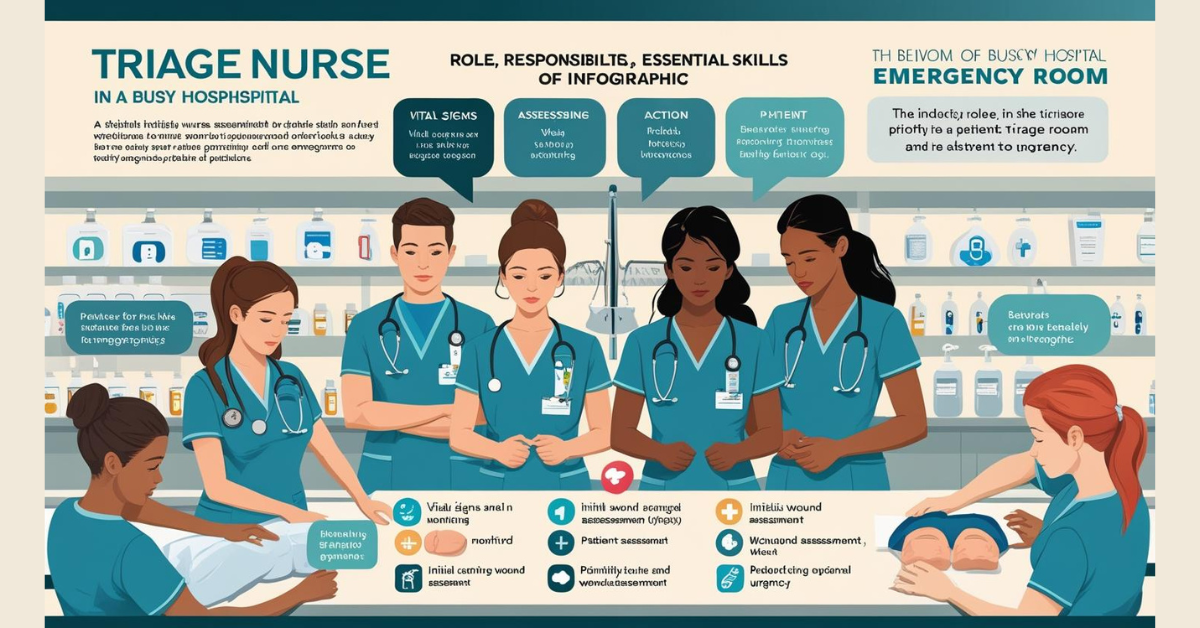Discussion What Does a Triage Nurse Do Role Responsibility and Skills for Frontline Patient Assessment: Triage Nurse Role and Skills for Frontline Patient Assessment A triage nurse is the first point of contact for patients in the emergency department. She is responsible for quickly assessing patients and prioritizing their treatment based on severity.
What Does a Triage Nurse Do Role Responsibility and Skills for Frontline Patient Assessment
Triage medical caretakers serve as the basic to begin with point of contact in crisis healthcare settings, making life-or-death choices around quiet care needs. The most part of triage nurture is to rapidly survey and prioritize patients based on the seriousness of their condition, ensuring that those with the foremost pressing needs get quick consideration.
She uses her clinical judgment, communication skills, and knowledge of triage systems to determine which patients require immediate attention and which can wait. Her role is critical to ensuring patients receive the appropriate treatment, in the correct order, and in a timely manner.
Core Responsibilities
Patient Assessment and Prioritization
The essential work of triage nurture is to survey and prioritize patients. When patients arrive, they conduct a centered assessment of their condition, taking imperative signs and inquiring questions almost indications and therapeutic history. This quick appraisal decides the criticalness of care required and coordinates patients to fitting treatment regions.
Clinical Decision-Making
The RN will serve as the essential contact between patients, suppliers, and clinical staff, planning care and communication over the healthcare group. Triage medical caretakers evaluate patients, prioritize care based on the seriousness of their condition, give prompt mediations on the off chance that essential, and communicate imperative data to the restorative group.
Documentation and Communication
Triage therapeutic specialists keep up Nitty coarse records of calm assessments, report basic signs and side impacts, and ensure steady information trade to treating specialists and remedial bunches.
Critical Proficiency
Basic Considering and Decision-Making
Triage restorative caretakers must be able to keep a cool head underneath weight, be conclusive, and be quick on their feet. Assessing and prioritizing patients requires triage restorative specialists to have solid decision-making aptitudes. They need to be able to analyze information quickly and act on that information verifiably.
Clinical Expertise
Triaging may be an aptitude that requires restorative choice making, basic considering, and skill. Medical caretakers must have comprehensive information of life structures, physiology, and crisis care conventions.
Interpersonal Skills
Triage medical caretakers require a interesting combination of clinical information, basic considering, and interpersonal aptitudes to succeed in this challenging part. They must communicate viably with troubled patients and families whereas keeping up composure in high-stress circumstances.
Education and Certification Requirements
Basic Requirements
In order to be qualified to be triage nurture; you must be an enlisted nurture with current licensure. Most triage medical attendants have a least of a Lone ranger of Science in Nursing, also progressed certification.
Experience
They do more often than not require at slightest two a long time of bedside involvement to be qualified for the position, especially in crisis or intense care settings.
Specialized Certifications
Consider certifications such as Certified Crisis Nurture (CEN) or Certified Pediatric Crisis Nurture (CPEN), which illustrate your mastery in dealing with pressing therapeutic circumstances.
Work Environment and Challenges
Triage nursing is requesting and fast-paced. Crisis care administrations work easily and effectively due to the imperative work of triage medical caretakers, who must make fast evaluations whereas overseeing different patients at the same time.
The part includes both rewards and challenges, counting introduction to injury cases, the weight of fast decision-making, and the enthusiastic toll of working with fundamentally sick patients. In any case, it offers critical learning openings in crisis pharmaceutical and the fulfillment of giving life-saving care.
Triage medical attendants play a crucial part in healthcare conveyance, serving as the guardians who guarantee patients get fitting and opportune care based on therapeutic direness instead of entry time. Their skill and fast considering truly spare lives each day in crisis offices over the nation.
Read More:
https://nurseseducator.com/didactic-and-dialectic-teaching-rationale-for-team-based-learning/
https://nurseseducator.com/high-fidelity-simulation-use-in-nursing-education/
First NCLEX Exam Center In Pakistan From Lahore (Mall of Lahore) to the Global Nursing
Categories of Journals: W, X, Y and Z Category Journal In Nursing Education
AI in Healthcare Content Creation: A Double-Edged Sword and Scary
Social Links:
https://www.facebook.com/nurseseducator/
https://www.instagram.com/nurseseducator/
https://www.pinterest.com/NursesEducator/
https://www.linkedin.com/in/nurseseducator/
https://www.researchgate.net/profile/Afza-Lal-Din
https://scholar.google.com/citations?hl=en&user=F0XY9vQAAAAJ


